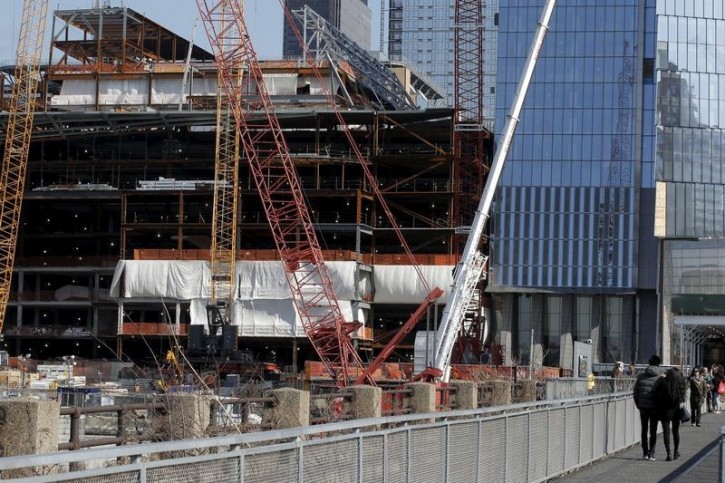
New York – New York City’s economy slowed in the second quarter with drops in job creation and personal income tax revenues contributing to the slowest pace of activity since the fourth quarter of 2013, the city’s comptroller said on Wednesday.
The nation’s largest city and financial center registered a 1.7 percent increase in gross city product (GCP) in the second quarter, down from a 4 percent increase in the first three months of the year.
“Our city’s economy is still growing – but in 2016 we’ve gone from a sprint to a jog,” New York City Comptroller Scott Stringer said in a statement. “This report confirms that our recovery is no longer gaining steam.”
New York City’s economy still managed to outpace overall U.S. gross domestic product, where the advance second quarter figure showed a 1.2 percent increase. The national economy, the report said, was weighed down by the largest decline in private domestic investment in seven years, uncertainty over interest rate policy and low energy prices.
The city added 13,400 private-sector jobs in the second quarter, a 1.4 percent increase that pales in comparison to the record 42,100 jobs created in the first quarter.
A majority, 85 percent, of those new jobs were in medium-wage industries where annual starting salaries are in the $75,000 range. High wage industries, with annual starting salaries in the $187,000 range lost 500 jobs.
Manufacturing jobs had the biggest decline, while education and health services posted the largest gains in the second quarter versus the first three months of the year.
The largest quarterly decline in the city’s labor force, down by 34,200 in the second quarter, contributed to the unemployment rate dropping to 5.2 percent from 5.4 percent in the first quarter.
“A shrinking labor force may signal that the city’s discouraged job seekers are leaving the labor market,” the report said.
Personal income tax revenues, a proxy for personal income, fell 5.7 percent in the second quarter on a year-over-year basis to over $3 billion.
Estimated tax payments fell 16 percent from the same time last year, to about $1.4 billion, according to a report from the comptroller’s office.
As reported by Vos Iz Neias
